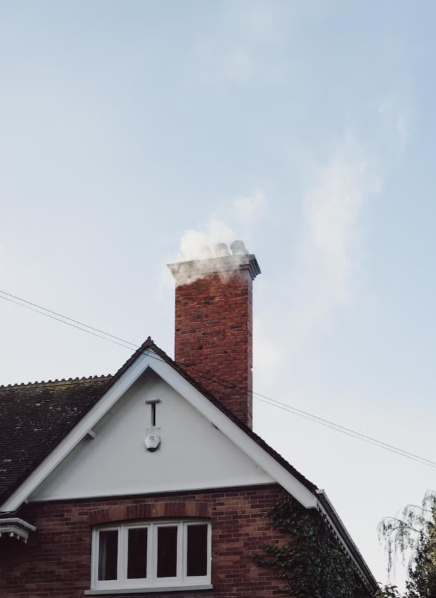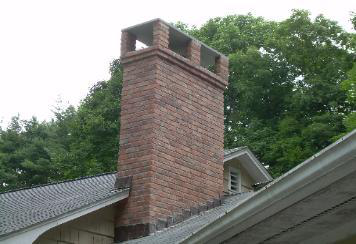
Your chimney is a vital part of your safety and comfort. To enjoy your fireplace or heating stove with peace of mind, it’s crucial to understand the basics of chimney safety.
In this article, we’ll provide essential chimney safety tips, maintenance practices, and information about potential hazards that every homeowner should be aware of.
The Importance of Regular Inspections
Chimney inspections are the foundation of chimney safety. You should have your chimney inspected by a certified professional at least once a year. Here’s why it’s so crucial:
1. Detecting Creosote Buildup
Creosote is highly flammable and likely to buildup in your chimney. Regular inspections can help detect and remove creosote, reducing the risk of chimney fires.
2. Identifying Structural Issues
Chimney inspections also check for structural problems like cracks, loose bricks, or damaged flashing. These issues can compromise your chimney’s integrity and pose safety hazards.
Keep Your Chimney Clean
Cleaning your chimney is another crucial aspect of chimney safety. When it comes to cleaning, here’s what you need to know:
1. The Importance of Chimney Sweeping
Regular chimney sweeping, typically done during inspections, removes creosote and other debris from the flue. This not only improves safety but also ensures optimal performance.
2. DIY vs. Professional Cleaning
While some chimney maintenance tasks can be DIY, chimney sweeping is best left to the professionals. Certified chimney sweeps have the necessary equipment and experience to do the job safely and effectively.
3. Carbon Monoxide and Smoke Detectors
Safety isn’t just about the chimney itself; it’s also about the indoor air quality and early detection of hazards. Here’s why inspection is important:
4. Early Warning
Carbon monoxide may be released by a malfunctioning chimney. The carbon monoxide detectors provide an early warning if dangerous levels are detected.
5. Fire Safety
Smoke detectors are essential for fire safety. They can provide early warning in case of a chimney fire or other fire-related emergencies.
Fire Safety Practices
Preventing chimney fires is a key aspect of chimney safety. Here are some practices to keep in mind:
1. Use Seasoned Wood
Burning seasoned, dry wood reduces creosote buildup. Avoid using wet or green wood, as it can lead to more creosote and potential chimney fires.
2. Avoid Overloading the Fireplace
Don’t overload your fireplace or heating stove with too much wood. Overloading can cause excessive heat and potentially damage the chimney.
3. Proper Use of Fire Starters
Don’s use flammable liquids to light a fire. Instead, use fire starters designed for your fireplace or stove.

Chimney safety is non-negotiable. Contact FH Roofing & Chimney in New York for professional chimney repair and maintenance services. Schedule your chimney inspection and maintenance today!

